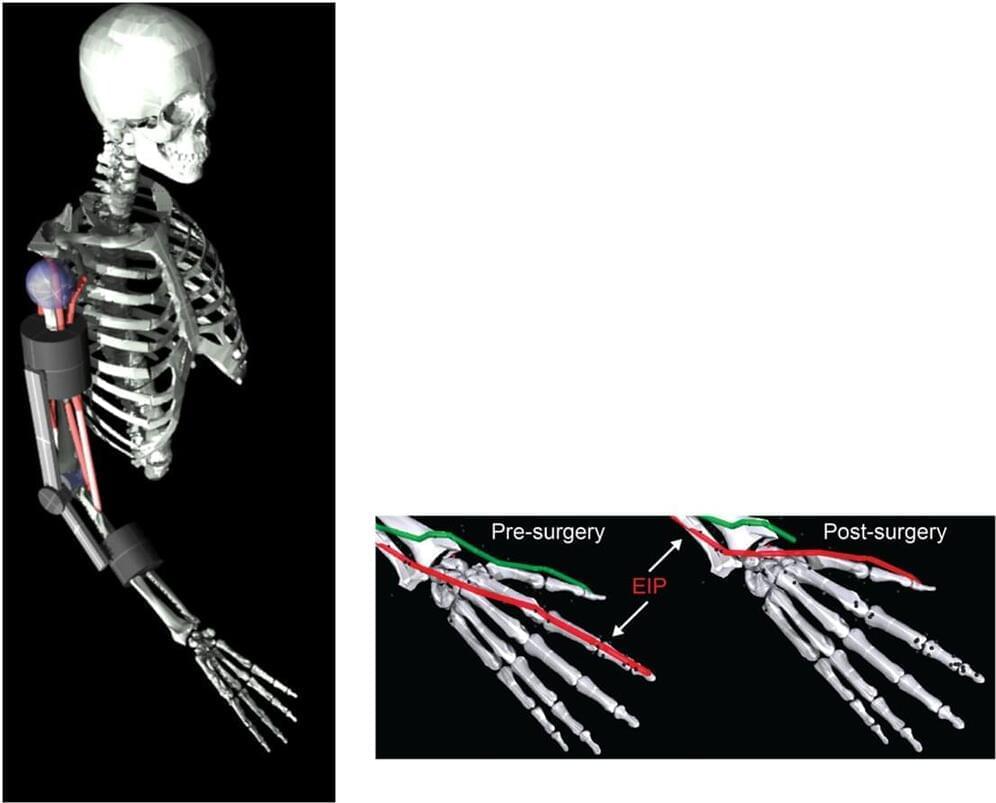Researchers at Meta’s Artificial Intelligence Research Lab (Facebook) in the U.S. and at the University of Twente’s Neuromechanical Modelling and Engineering Lab in the Netherlands (led by Prof.dr.ir Massimo Sartori), have co-developed the open-source framework MyoSuite, which combines advanced musculoskeletal models with advanced artificial intelligence (AI). The AI-powered digital models in MyoSuite can learn to execute complex movements and interactions with assistive robots, that would otherwise require long experimentations on real human subjects.
Modeling and simulation are now as important to human health technologies as they have been for the advancement of modern automotive industry. Prof. Massimo Sartori: “If we could predict the outcome of a robotic therapy beforehand, then we could optimize it for a patient and deliver a truly personalized and cost-effective treatment.”
MyoSuite supports the co-simulation of AI-powered musculoskeletal systems physically interacting with assistive robots such as exoskeletons. With MyoSuite you can simulate biological phenomena, e.g., muscle fatigue, muscle sarcopenia, tendon tear and tendon reaffirmation. Moreover, you can simulate how assistive robots could be designed and controlled to restore movement following impairment.
